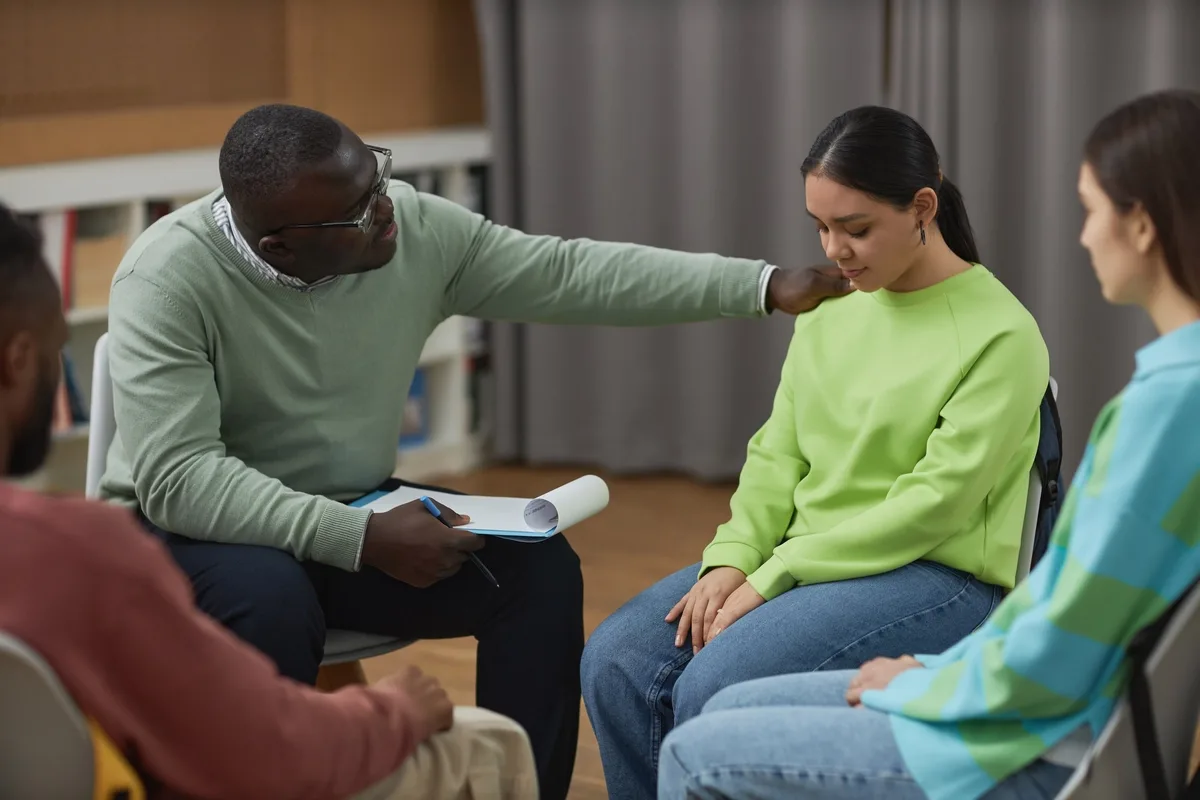24/7 Helpline:
(866) 899-221924/7 Helpline:
(866) 899-2219
Learn more about PTSD Treatment centers in Starr

Other Insurance Options

Molina Healthcare

Optima

Premera

Meritain

Kaiser Permanente

EmblemHealth

Access to Recovery (ATR) Voucher

AllWell

BHS | Behavioral Health Systems

Regence

Lucent

Covered California

Holman Group

Health Partners

Sutter

BlueShield

Ambetter

Private insurance

Coventry Health Care

UnitedHealth Group










